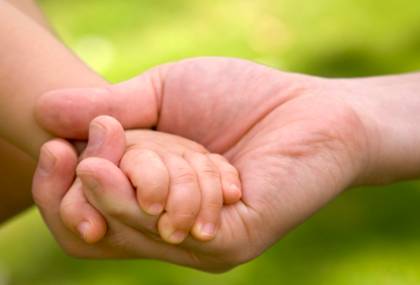-
Advocacy Theme
-
Tags
- Abortion
- Adoption
- Caregiving
- CEDAW
- Disability
- Domestic Violence
- Domestic Workers
- Harassment
- Healthcare
- Housing
- International/Regional Work
- Maintenance
- Media
- Migrant Spouses
- Migrant Workers
- Muslim Law
- National budget
- Parental Leave
- Parenthood
- Polygamy
- Population
- Race and religion
- Sexual Violence
- Sexuality Education
- Single Parents
- Social Support
- Sterilisation
- Women's Charter
Don’t blame mothers for child sex abuse in the hands of others
September 5th, 2018 | Children and Young People, Gender-based Violence, Letters and op-eds, News, Sexual and Reproductive Health
This article was originally published in The Straits Times Forum on 5 September 2018.
 We refer to the article, “When home is where the sex abuse is”, where the writer cites lawyer Lee Terk Yang’s suggestion that the non-offending parent should face legal action for failing to report child sexual abuse.
We refer to the article, “When home is where the sex abuse is”, where the writer cites lawyer Lee Terk Yang’s suggestion that the non-offending parent should face legal action for failing to report child sexual abuse.
Based on AWARE’s experience with the Sexual Assault Care Centre (SACC), this suggestion turns a blind eye to the psychological and practical complexities that underlie speaking up about abuse. It also insidiously shifts responsibility away from the offenders.
Disclosing abuse not only impacts children but mothers too, many of whom experience secondary traumatic stress. They may blame themselves for being unable to protect their child, question their judgement or ability to parent, or grapple with the reality that both the perpetrator and the victim are their loved ones and part of the same family unit. The shame and fear of destabilising the family unit is very real for mothers who are largely primary caregivers.
Although some mothers may be entrenched in financial co-dependency with their spouses, there is no substantive evidence to indicate that this is increasingly becoming the reason mothers do not report.
Many mothers we support at SACC struggle with the decision of reporting due to concerns about what will happen to their child and the psychological trauma that the child may endure going through the legal system.
Moreover, children who have survived sexual abuse often struggle with the guilt of “breaking up the family” or causing hurt to the non-offending parent, long after the disclosure.
Legal action against the non-offending parent may deter children from speaking up as they contend with the guilt of said parent being punished.
It is dangerous to imply that the responsibility of protecting children lies solely on the shoulders of mothers. At every level of society, efforts need to be made to ensure that both children and non-offending family members feel safe and confident in seeking help.
We need greater awareness of existing trauma-informed specialised services at hospitals such as KKH and services like SACC’s, which provide information and support to child victims and non-offending parents and family members.
Further, early intervention from and partnership between enforcement agencies and community organisations should be encouraged so that child victims and their families can be supported throughout the difficult process.
To truly protect children from sex abuse, we need to send a clear message to offenders that abuse will not be tolerated, instead of blaming mothers.



